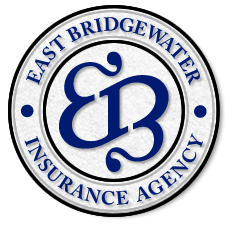- Loss-of-Use Coverage
If you have damage to your home severe enough that you cannot live in it while it is repaired, you likely expect that the insurance company will put you up in a hotel while the work is being done. However, that is not necessarily true. Not all policies include a loss-of-use provision. If you have to pay for a hotel, meals and other services out of pocket, it can add up quickly and put you at financial risk. If loss-of-use is covered, it will be stated explicitly in your policy, along with any limits of coverage. For example, your policy may state a maximum per diem amount or restrict the length of time the expenses will be paid for.
- Replacement Cost
Replacement cost in a homeowner’s policy refers to valuing the loss at the amount it will cost to replace the item. For example, if your four-year-old computer is lost in a fire, replacement cost coverage would allow you to purchase a new one with similar features. Most homeowners believe that is what will happen if they have a claim, however, the bulk of policies do not carry this clause. If not included, losses will be valued at what they were worth in their condition before the calamity. The four-year-old computer might be valued at $250 – not enough to purchase a new one. Replacement cost clauses are a valuable inclusion in a homeowner’s policy.
- Flood Coverage
Almost all homeowner’s policies exclude flood coverage, along with earthquakes and other natural disasters. Floods can occur from a number of causes, such as a hurricane, burst pipes or sewer backup. A flood is one of the most common causes of home damage and the destruction of contents. There are companies that specialize in flood coverage, and, if you live in a susceptible area, look into having a separate flood policy. Your mortgage company may require this additional coverage as well. (For more information, see Understanding Lender-Required Flood Insurance.)
- Valuation of Loss
When you have a house insurance claim, the insurance company will send out an appraiser to determine the extent of the damage and the best way to fix it. The appraiser will assess a value to the loss which will be the minimum the insurance company can pay in order to meet their contractual obligations. However, you do not have to take that value as final. If you can prove your loss should be valued higher, you can negotiate the settlement with the company. Keeping receipts and pictures of valuable items will help you back up your claim.
If you have questions any questions on your homeowners policy or any other type of property and casualty insurance, please contact East Bridgewater Insurance through phone (508) 378-3991, email or our website, and a licensed insurance EBIA representative will assist you.


